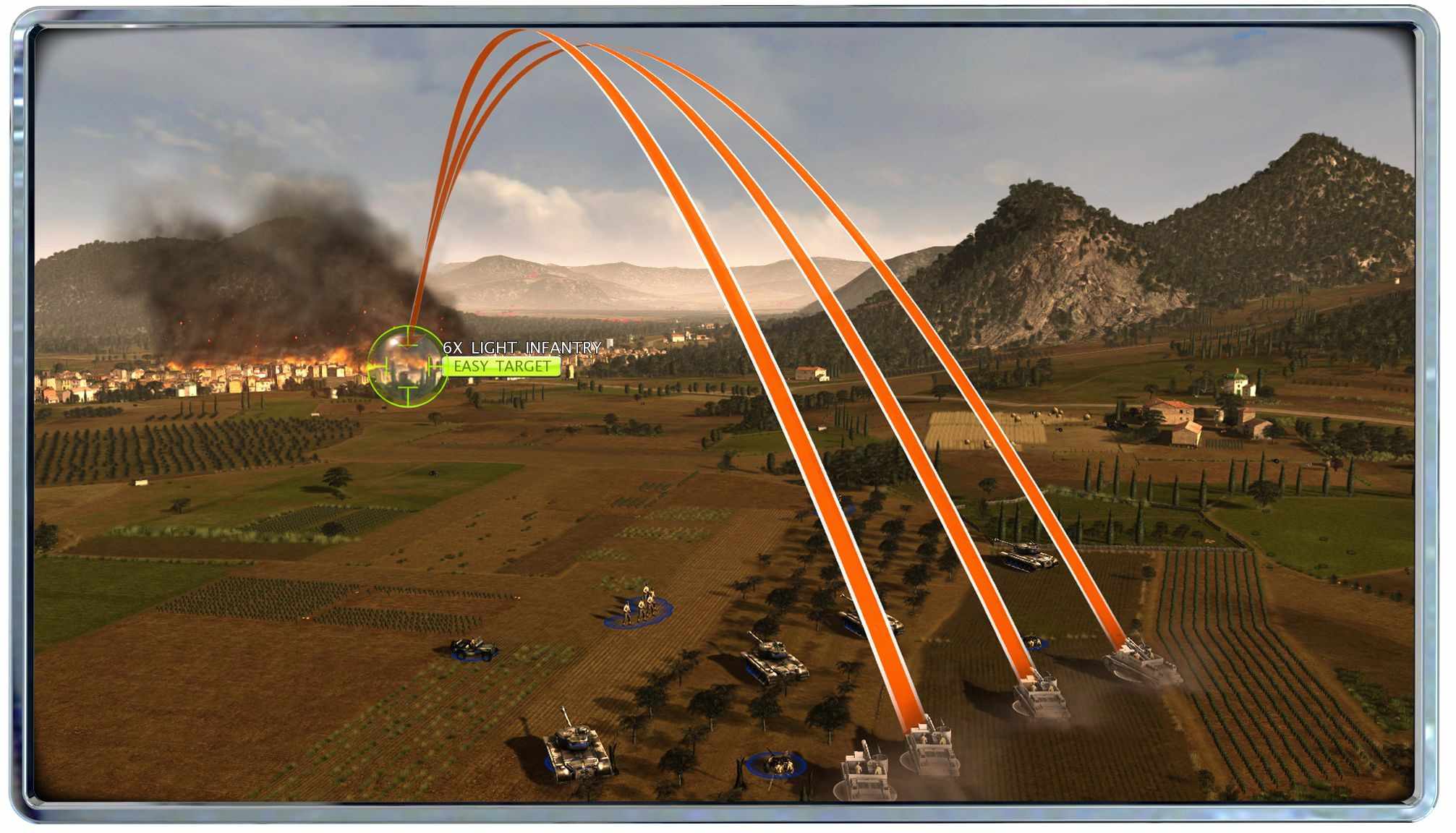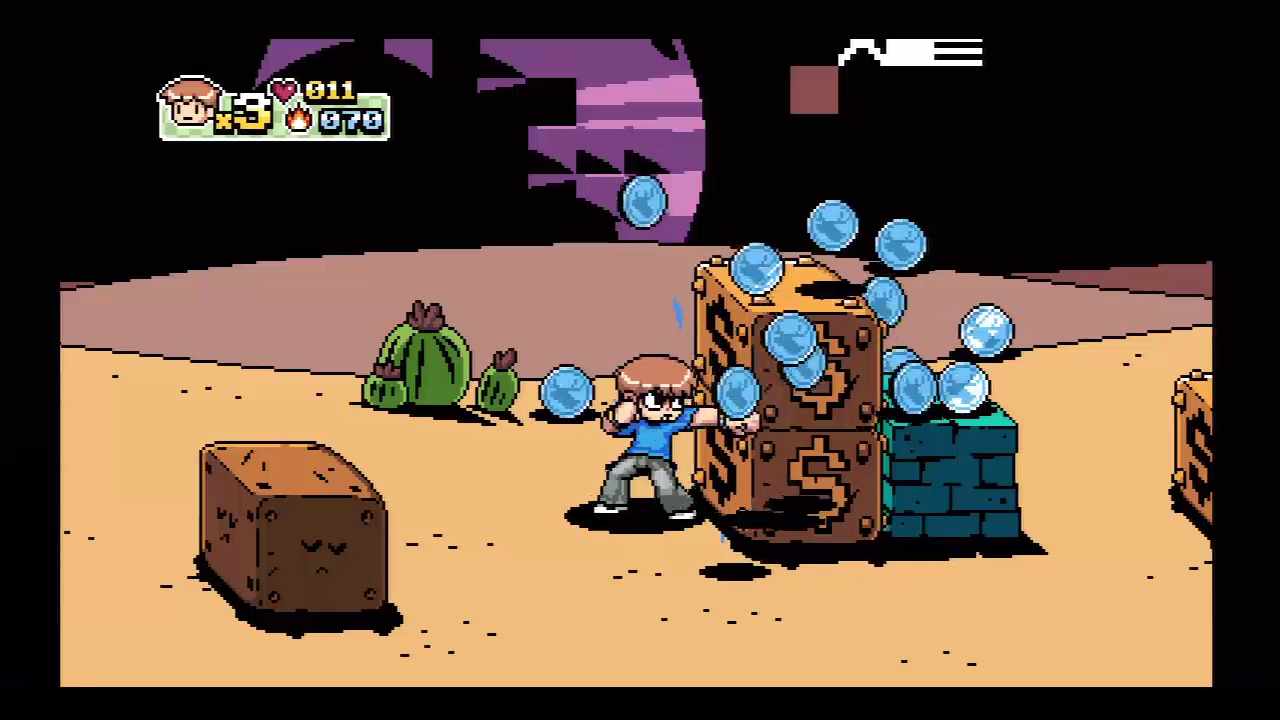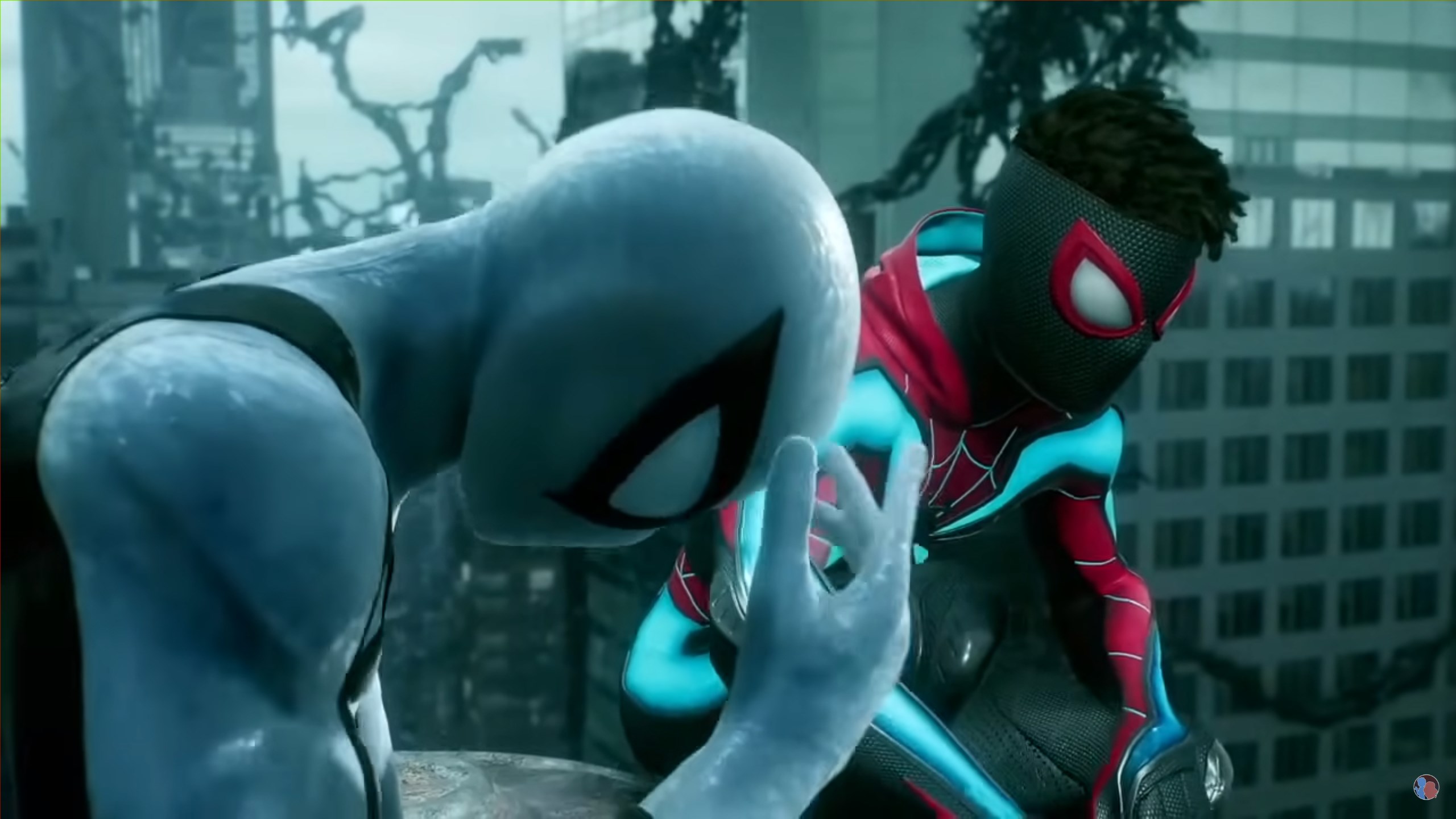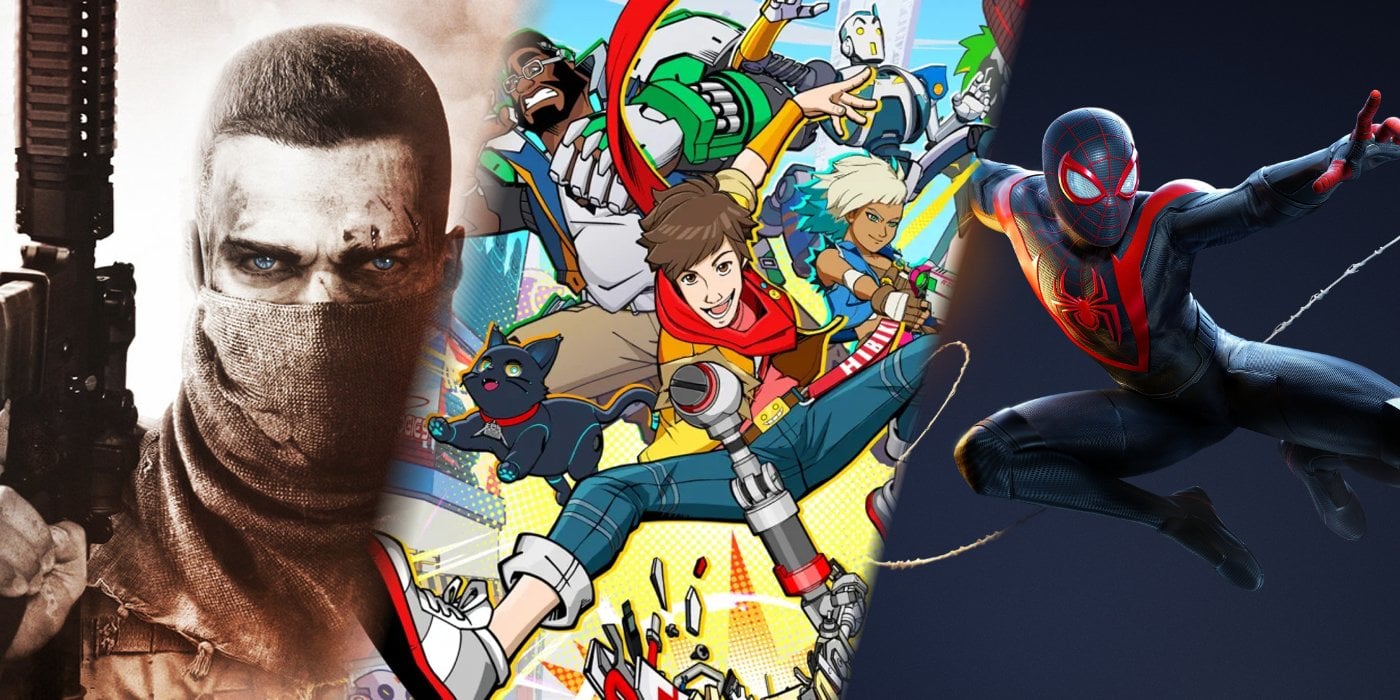Hey, folks! In case you missed it yesterday, Spec Ops: The Line is being delisted from digital stores. It wasn't clear at first why, but a 2K representative told Stephen Totilo, a former Kotaku Editor in Chief and current independent journalist, that it was because of expiring licensing. I figure this makes it a good opportunity to talk about licensing in video games as a whole, since a lot of titles have been affected over the years by it. Let's get into it!
What Was and What Might Be
The Line isn't the first game to be pulled from sale due to licensing, and it sadly won't be the last. Games get pulled out of store shelves for licensing expiring in a lot of areas, most commonly songs, cars and, as was the case here, military equipment. There's also games that are delisted because they're an adaptation of an existing property, as we'll soon see.
Take, for instance, R.U.S.E., a 2010 real-time strategy game from Ubisoft that focuses on information gathering and distracting your opponent rather than simply building a bigger army than them. I haven't personally played the game, but the premise seems unique enough. The game was pulled from digital stores in 2015 due to the expiration of military licenses, and the only way to get the game is via online re-sellers.

Tanks. Master of distraction.
Another common reason for delisting a game is car licenses in racing games. Blur, The Crew, GRID, if a racing game is delisted from Steam, it's likely due to car licensing issues. One game in particular that stings is Driver: San Francisco, an open-world driving game where you could "posses" other cars as you saw fit. This gave the game a freedom that couldn't be found anywhere else, and made the game very unique.

No, no, that's... uhm... a Frod!
Circling back to Ubisoft, there's the whole Scott Pilgrim vs. The World: The Game debacle. For those not in the know, this game was released in 2010, delisted in 2014 because the licensed lapsed, then re-released in 2021 as "Complete Edition", likely to be around when the 2023 animated series was released. If my math is right, look forward to potential announcements of another delisting in 2025, assuming Ubi doesn't see a reason to extend the license.

This screenshot feels topical.
Oh, but Scott Pilgrim is just the tip of the licensed properties iceberg. Unless your name is Star Wars, if your game is based on existing IP, there's a good chance it won't be available after a while. The best example of this are the myriad of Transformers and Marvel Games (most of them Spider-Man) that Activision put out throughout the years.

Remember when Transformers had games? Good times.
But enough about the past, let's look at the potential bleakness of the future. Hi-Fi Rush is the surprise hit of 2023, and a personal game of the year. Since it's partially a rhythm game, it has a good number of licensed song in it. What will happen when those licenses expire? Will it go the way of Guitar Hero and Rock Band? Probably not, since Rush also has a good number of original songs for it's Streamer Mode, so Microsoft can just leave the game with those without the licensed ones.

The soundtrack is fire!
The new Spider-Man games have some weird history with copyright. In the original PS4 version, the Chrysler Building is in the game, no problem. In Miles Morales and Spider-Man 2, it's replaced with a high-tech generic building. This is because Sony refused to pay the licensing fees for the Chrysler Building (yes, they needed to license that, yes, it's unbelievably stupid), so it's not in the game anymore.

Look, Spider-Man, it's one of New York's landmarks: Random Rectangular Building!
Another licensing stupidity that might cause issues is Miles' 'Evolved' Suit from SM2. That suit is a collaboration with Adidas, and while we don't know who owns the rights to the suit itself, Miles is wearing a pair of Ultra 4D shoes, which are absolutely licensed. Can't wait for the update where Miles replaces them with a pair of legally distinct Nahdudas.

Miles, WTF are you wearing?
What to Do, What to Do?
A lot of games get delisted from stores, so what can be done about it? Well, there's a few options, but they're either very unrealistic or would see one of the involved parties throw a hissy-fit.
The first is to just... let the publisher sell the game after the license expires. Most of what a game makes happens at the start of its lifecycle (unless it's the type of game to be updated for many years, but that's not what we're talking about), so letting the publisher just sell the thing after the license would lose the license holders much money. But they'd still lose on some money, and that's just unacceptable!
The second one depends on how the licensing agreement works: Make the game perpetually free. If the license holder agreed to be paid in royalties, 30% of 0 is still zero. But if the license agreement is about some sort of flat fee, the publisher would obviously not want to pay it.
The ideal and least likely scenario is to declare the game abandonware. The publisher clearly doesn't want to sell it anymore, so it should just be able to be downloaded by anyone who wants it, be it from the original store like Steam or from a third party place. But that would require changing the legal definition of abandonware, assuming there's one to begin with.
Rumor has it is there exists another option, but we don't know of it ;).
What do you think about licensing in video games? Do you see a path where that's not an issue anymore? Let us know in the comments below!

Comments
No Comments Yet. Be the first to create one down below!